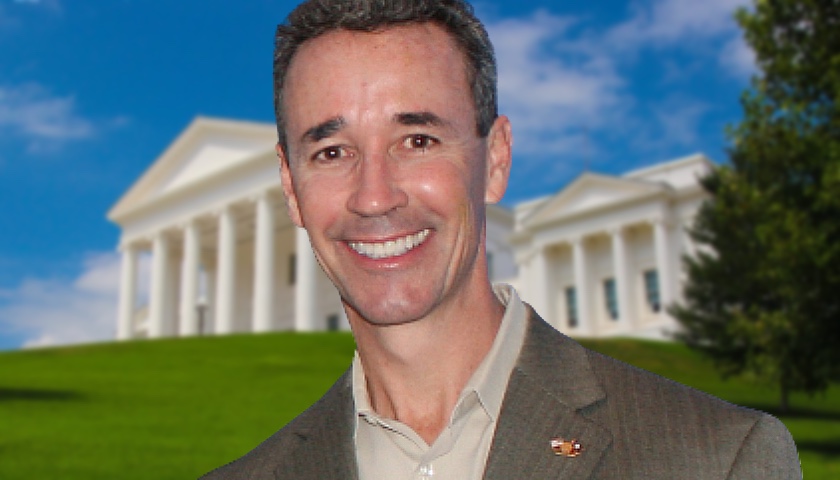by Tyler Arnold
Virginia lawmakers passed legislation Friday that allows those accused of a crime to receive a jury trial and a judge’s sentence, which proponents believe will reduce sentence lengths.
Under current law, a defendant must opt for a jury sentence if he or she requests a jury trial, which can often result in longer sentences than guidance normally would suggest. The law allows a judge to reduce the sentence, but this happens in only about 8.1% of cases.
Virginia is one of two states that still requires jury sentences for jury trials; the other being Kentucky. In 44 states, a judge sentencing with a jury trial is mandatory.
Sen. Joe Morrissey, D-Henrico, who sponsored Senate Bill 5007, told lawmakers on the Senate floor that judges can offer longer-than-usual sentences for certain crimes because the accused would be too afraid to opt for a jury out of fear of an even longer sentence. He said when this threat becomes empty (because the defendant can take a judge’s sentence after the jury trial), judges will begin to reduce their proposed sentences and the accused likely will opt for a judge trial and sentencing.
Morrissey conceded there could be an initial uptick in jury cases immediately after the bill goes into effect, which would be July 1, 2021. However, he said it will go back to normal after judges begin to reduce sentences. Once the law is established, he said jury trials probably will rest somewhere between 1% and 4.1%.
Some Republicans disagreed with Morrissey’s prediction. Sen. Mark Obenshain, R-Harrisonburg, argued there could be a long-term uptick in jury cases, which would require additional circuit court judges, jurors, commonwealth’s attorneys and public defenders. He said the budget does not account for these needs, which could mean the state would have to put civil lawsuits to the side to prioritize the new criminal cases going to trial.
Obenshain said it is irresponsible to rush this legislation through a special session without accounting for the potential costs in the budget. He urged lawmakers to vote against the proposal and reconsider it in January, when they will have more time to work out these concerns.
The bill will head to Gov. Ralph Northam, who can choose to sign the bill into law, veto the bill or propose amendments to the bill and send it back down to the General Assembly.
– – –
Tyler Arnold is a reporter for The Center Square.
Photo “Joe Morrissey” by Cliff CC BY 2.0. Background Photo “Virginia Capitol” by Matheus Gonçalves CC BY-SA 2.0.




